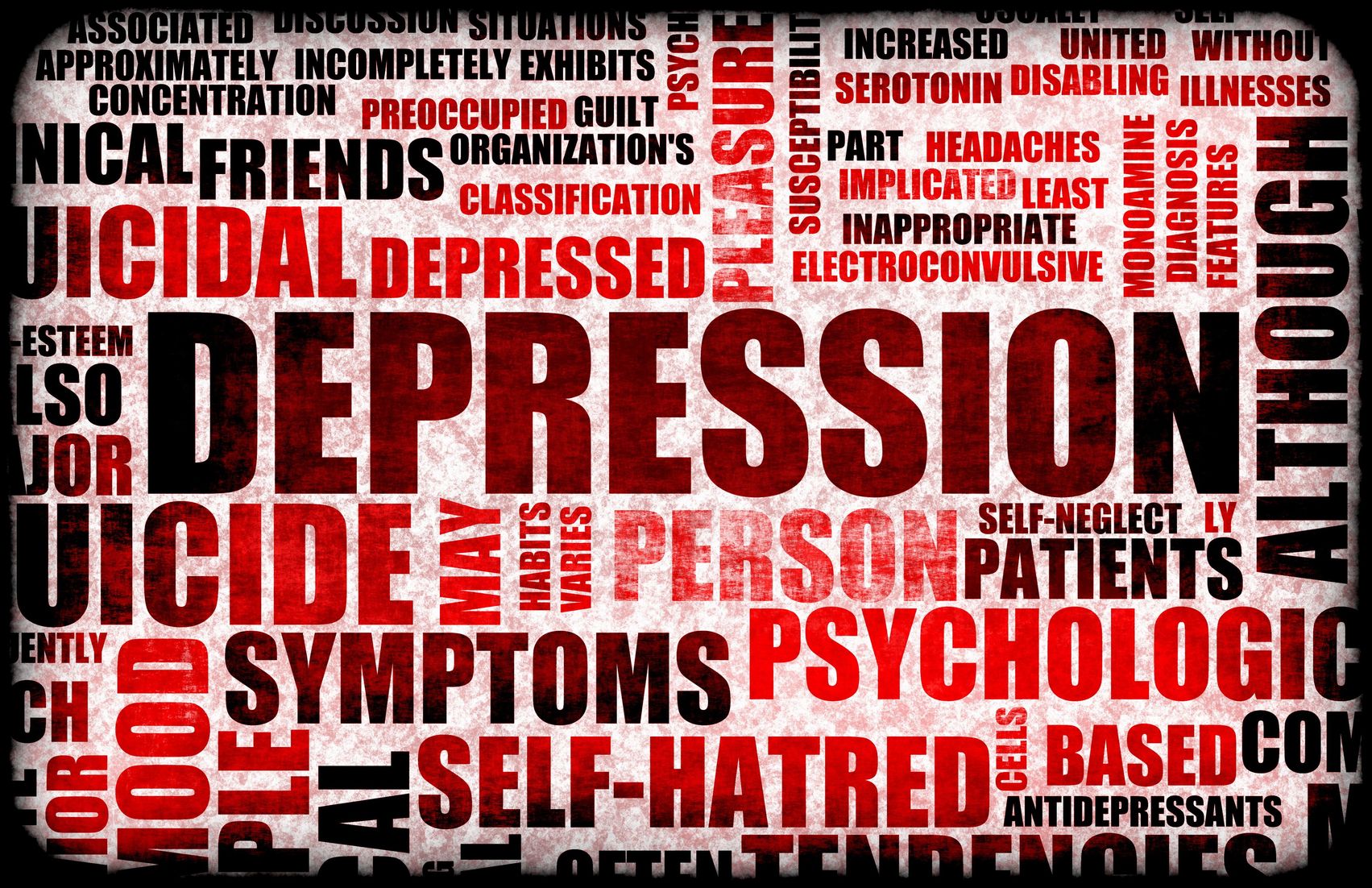 Mental health in academia can be a complex and sometimes contradictory issue. On the one hand, doing a PhD and being an academic in your chosen field means you have the opportunity and the privilege not only to pursue a very specific personal interest but also that you have the influence to shape the area in which you work and contribute to determining what is worthy of academic investigation, teaching, and dissemination. In theory, this should be a great basis for your mental wellbeing. On the other hand, however, all these aspects are shaped, to a significant extent, by the structures which fund research and marketize higher education, as well as by an increasing number of doctoral graduates, many of whom aspire to secure one of the disproportionately few academic positions. And of course for many of us, what we do is deeply personal as well as professional, rendering certain boundaries between those realms intrinsically shaky in a higher education culture defined by permanent monitoring of your performance.
Mental health in academia can be a complex and sometimes contradictory issue. On the one hand, doing a PhD and being an academic in your chosen field means you have the opportunity and the privilege not only to pursue a very specific personal interest but also that you have the influence to shape the area in which you work and contribute to determining what is worthy of academic investigation, teaching, and dissemination. In theory, this should be a great basis for your mental wellbeing. On the other hand, however, all these aspects are shaped, to a significant extent, by the structures which fund research and marketize higher education, as well as by an increasing number of doctoral graduates, many of whom aspire to secure one of the disproportionately few academic positions. And of course for many of us, what we do is deeply personal as well as professional, rendering certain boundaries between those realms intrinsically shaky in a higher education culture defined by permanent monitoring of your performance.
 For postgraduates and early-career academics, the road to a permanent contract can be tough and mentally as well as physically taxing, both during their postgraduate study and in the period after their graduation, when many have to rely on short-term, hourly-paid teaching contracts and non-academic jobs to pay their bills while also attempting to further develop their CV in the pursuit of that permanent academic post. Admitting to stress, anxiety, or depression in these circumstances, especially in the early stages of your academic career, can lead to discrimination, and often the assumption that if you suffer from these mental health problems then, well, perhaps you’re just not good enough or cut out to be an academic (a suggestion, in my experience, often made by those in stable jobs, with stable incomes, and few or no debt concerns). I ask for your guest posts on your experiences of mental health issues – temporary or chronic, severe or minor – in the hope that your voices will contribute to the battle against this stigma, which too often associates mental health problems with incompetence and renders them something better to be kept silent.
For postgraduates and early-career academics, the road to a permanent contract can be tough and mentally as well as physically taxing, both during their postgraduate study and in the period after their graduation, when many have to rely on short-term, hourly-paid teaching contracts and non-academic jobs to pay their bills while also attempting to further develop their CV in the pursuit of that permanent academic post. Admitting to stress, anxiety, or depression in these circumstances, especially in the early stages of your academic career, can lead to discrimination, and often the assumption that if you suffer from these mental health problems then, well, perhaps you’re just not good enough or cut out to be an academic (a suggestion, in my experience, often made by those in stable jobs, with stable incomes, and few or no debt concerns). I ask for your guest posts on your experiences of mental health issues – temporary or chronic, severe or minor – in the hope that your voices will contribute to the battle against this stigma, which too often associates mental health problems with incompetence and renders them something better to be kept silent.
 This blog, then, looks to bring to light the variety of mental health issues experienced by postgraduates, early-career researchers, and established academics as well as being concerned more generally with the importance of self-care in an environment in which constant quantitative and qualitative assessment of our work has become customary and often runs counter to what we aim to achieve. But stress, anxiety, and depression caused by these circumstances are not the only concern of this new section of The New Academic. I also hope that your contributions will provide an insight into how academia deals with those who experience mental health problems, how hostile or supportive it is towards those individuals, be their problems related to their profession or not (see here for an interesting post by a lecturer who suffers from bipolar disorder, for example, and here for some resources compiled by Karen Kelsky in response to a request re academia and mental health). The aim is not to claim that mental illness is endemic in academia (or to insist that it is a sector more prone to mental health issues). Rather, I hope we can explore the links between the current academic and higher education environment and how we manage our wellbeing in that climate, be it as postgraduate students or professors. In this sense, then, I hope to counter the idea that academic life is necessarily fraught with these problems by highlighting also what people have done to take better care of their mental health (including developments such as this The Slow University seminar at Durham, for example). You can find an account of my own experiences of anxiety here.
This blog, then, looks to bring to light the variety of mental health issues experienced by postgraduates, early-career researchers, and established academics as well as being concerned more generally with the importance of self-care in an environment in which constant quantitative and qualitative assessment of our work has become customary and often runs counter to what we aim to achieve. But stress, anxiety, and depression caused by these circumstances are not the only concern of this new section of The New Academic. I also hope that your contributions will provide an insight into how academia deals with those who experience mental health problems, how hostile or supportive it is towards those individuals, be their problems related to their profession or not (see here for an interesting post by a lecturer who suffers from bipolar disorder, for example, and here for some resources compiled by Karen Kelsky in response to a request re academia and mental health). The aim is not to claim that mental illness is endemic in academia (or to insist that it is a sector more prone to mental health issues). Rather, I hope we can explore the links between the current academic and higher education environment and how we manage our wellbeing in that climate, be it as postgraduate students or professors. In this sense, then, I hope to counter the idea that academic life is necessarily fraught with these problems by highlighting also what people have done to take better care of their mental health (including developments such as this The Slow University seminar at Durham, for example). You can find an account of my own experiences of anxiety here.
Please email your guest posts and any questions or thoughts to me at admin@nadinemuller.org.uk. If you choose to have your guest post published anonymously, you can rest assured that none of your details will be shared with anyone but me. Posts should be approximately 1,000 words in length, but may be longer or shorter. The issues mentioned here are a great concern to many colleagues at various stages of their careers and for various reasons. Please consider sharing your stories, no matter your take on the topic!
thanks for sharing